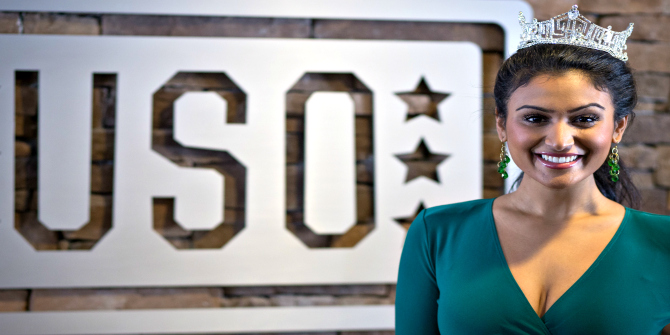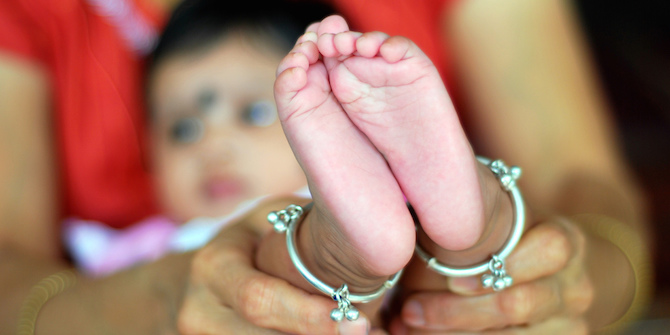The UK set up the Preventing Sexual Violence Initiative in 2012 to target stigma, seek justice and champion better health and psychological care for sexual violence victims. One of the 16 countries the UK currently focuses on is Sri Lanka. Frances Harrison (Former BBC foreign correspondent and author) explains how difficult it is for survivors who don’t speak English to access basic help even in the UK, let alone conflict-affected countries.
As I write, a young Tamil woman just attempted suicide in London. They told me it was because she didn’t have enough money. That hurt. It could have been prevented.
With the help of amazing refugees from Sri Lanka, I run a psychosocial group for survivors of torture and sexual violence, offering counselling, therapeutic art and English classes. At the start of the year we implored survivors to tell us when they had a problem so they wouldn’t be tempted to take their lives. One young man came forward to ask for an HIV test, saying he was worried because he’d been raped so many times while in detention. Several said they needed a winter jacket or shoes, including the woman who took the overdose.
The UK government spends money on drafting legal protocols and hosting expert-level meetings to draw attention to the victims of sexual violence in other countries. But few of the lawyers or celebrities associated with the government’s Preventing Sexual Violence Initiative can imagine what life is like for survivors claiming asylum in the UK.
It takes months before we slowly learn that torture and rape survivors in one of the richest counties in the world have no change of clothes. Gradually – almost in passing – as they get to know us, they mention that they are forced to wash in icy cold water in winter, live in rooms with no heating, sleep in corridors or on people’s sofas. Nobody ever complains; they learnt the cost of protest back home.
These are invisible people with so much shrapnel left in their bodies a decade after the civil war ended that it’s a wonder they don’t set off alarms. They casually talk about overdoses, about collapsing unconscious on buses, about wanting to jump under trains, about how the cold makes their joints hurt more where they were hung upside down and beaten. They don’t know it yet but they will likely exist for years on a cocktail of drugs – sleeping pills, pain killers and anti-depressants – that eventually no longer work. On the edges of society, eating cheap take-away and sardine sandwiches, the young men are constantly hungry. With just £5.39 a day in London, nobody can feed and clothe themselves or manage to call loved ones back home.
One sexual violence survivor in Harrow collapsed from lack of food and had to be taken to hospital in an ambulance – he had lost ten kilos in two months living in the UK. Another survivor in Lewisham finally told us weeping that he wasn’t fed because he wasn’t wanted in the house he was staying in – even the children bullied him. We had two brothers, both tortured and raped, living together – the eldest would lock all the windows of their room even in summer before he went to work, lest the younger one jumped out and killed himself.
Tamils from the conflict areas of Sri Lanka are still fleeing the country after torture in detention by the security forces. Contrary to what their detractors would say, they are not living off benefits or burdening the National Health Service in the UK. They are often simply not accessing help at all, unless it’s in an ambulance once they’re unconscious. Several asylum seekers we know have been refused permission to register with a doctor, and if they do, they have no way to fill in the online form in English to get free prescriptions. There are very few language classes for them, long waiting lists for counselling and many are unaware that they are eligible for social housing or that they even have any civic rights at all.
Scores of these survivors meet every week a short stroll away from the people working on the Preventing Sexual Violence Initiative, and yet they’re completely invisible.
Not all victims want to be survivors’ champions. Those who are brave enough to do this should be celebrated but not at the cost of those who prefer to remain private, who don’t want to tell the world how they were brutally gang raped in a dirty cell, after randomly surviving a death march through the jungle, then being burnt, asphyxiated, half drowned and beaten.
Of course, victims want justice but first they need to be safe, warm and well-fed. If the UK is going to lead on the fight against sexual violence as a weapon of war, surely it has to do a better job of rehabilitating the traumatised victims on its own shores.
This article gives the views of the author, and not the position of the South Asia @ LSE blog, nor of the London School of Economics. Image: View of Westminster; Credit: Hala AlGhanim, Unsplash.








The pathetic plight of the Tamils in Sri Lana was created by the British – Sri Lanka was not one country before the rule of Portuguese, Dutch and British. There were three Kingdoms, The Jaffna Kingdom was ruled by Tamil Kings. The PORTUGUESE AND DUTCH ruled as three Kingdoms separately. But the British for administrative purposes amalgamated all three Kingdoms and ruled Sri Lanka [Then Ceylon] as one unit.
But when they gave freedom to Sri Lanka did not consider the future of Jaffna Kingdom of Tamils and transferred all powers to the racist Buddhist Sinhalese who are in majority in Sri Lanka.
It is now in the hands of the British to find a just solution to the oppressed Tamils in Sri Lanka and to all those who fled the country living a miserable life as refugeees.
IT IS TIME FOR GREAT BRITIN TO TAKE THE LEAD TO FIND JUSTICE TO THE OPPRESSED TAMILS IN SRI LANKA.